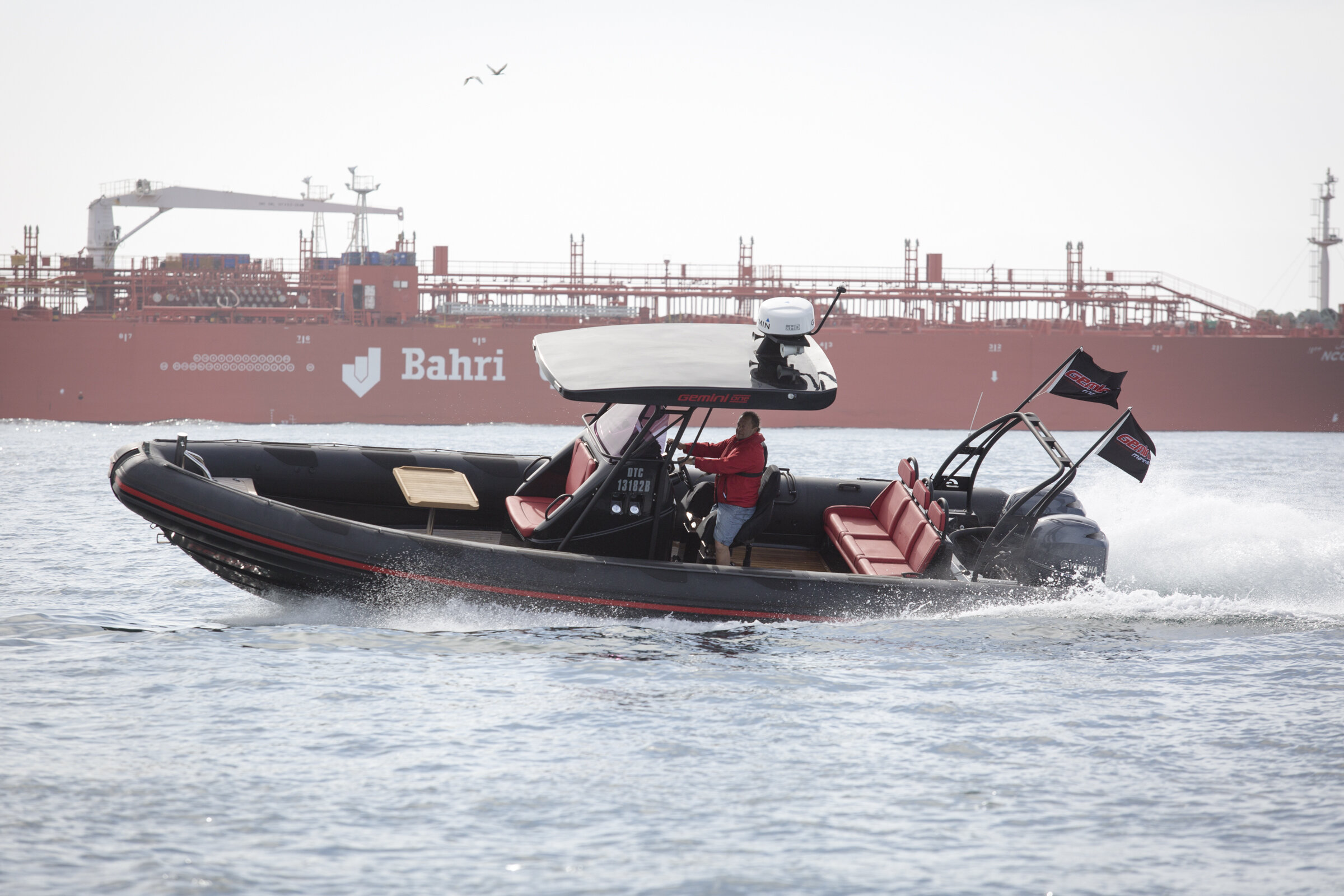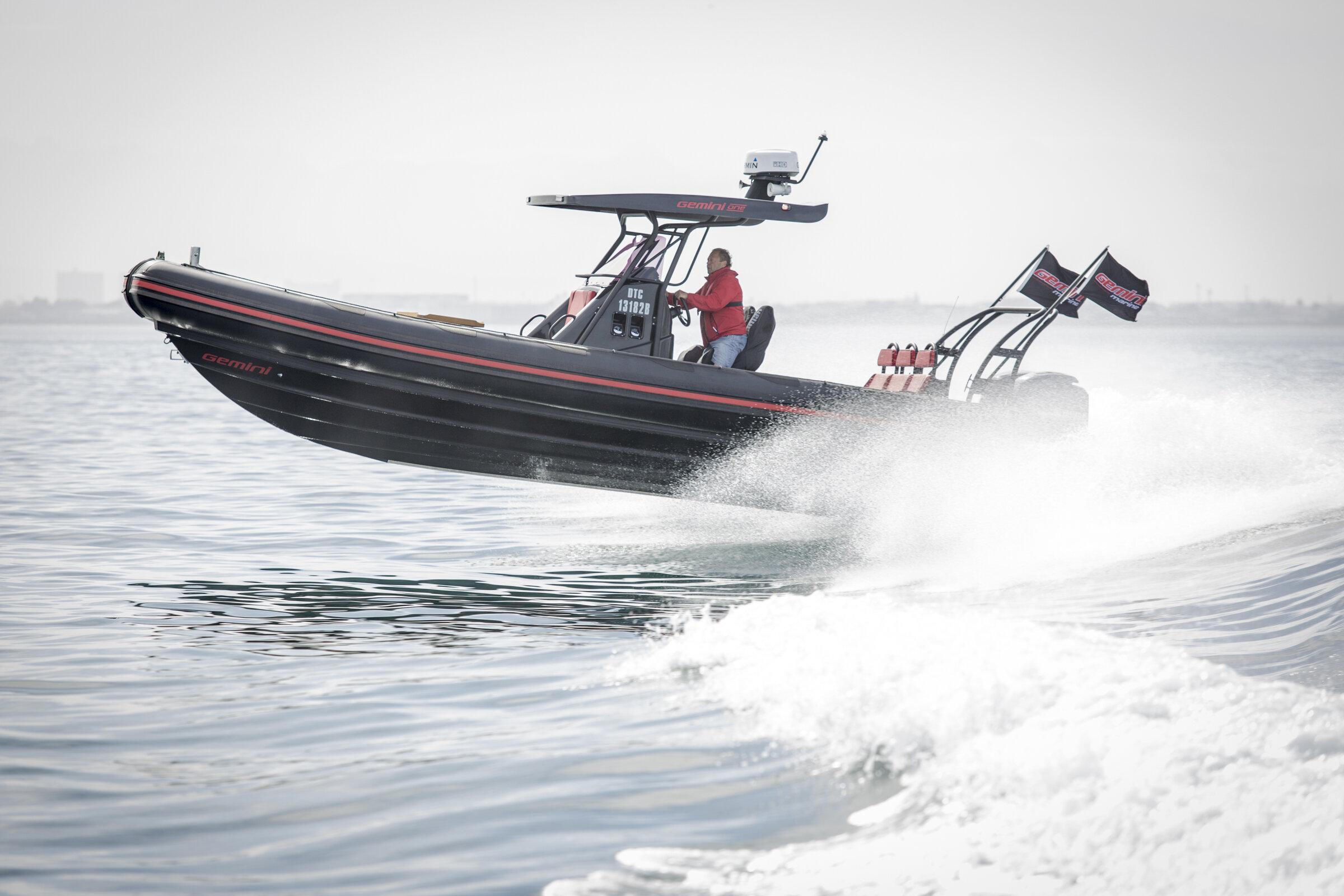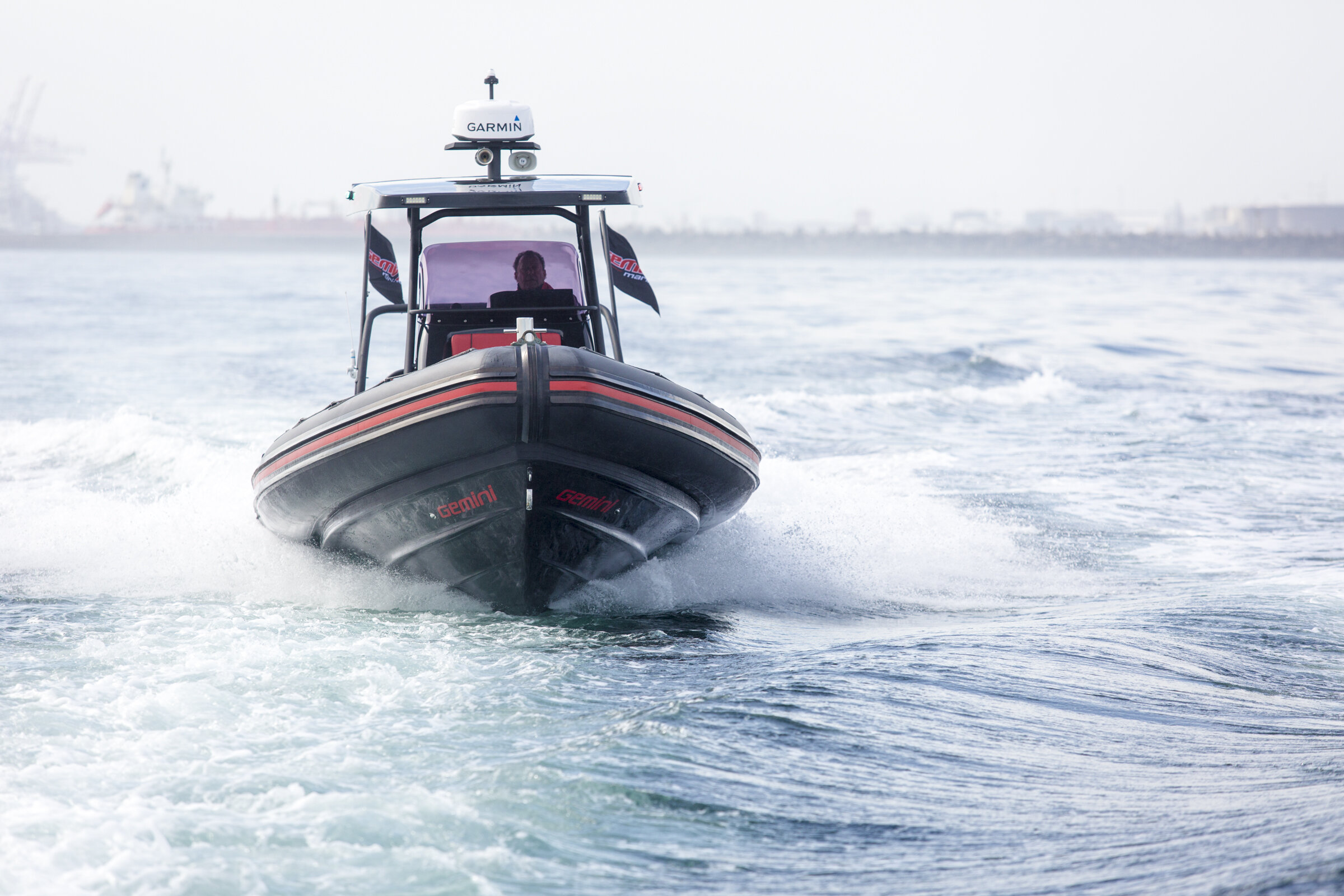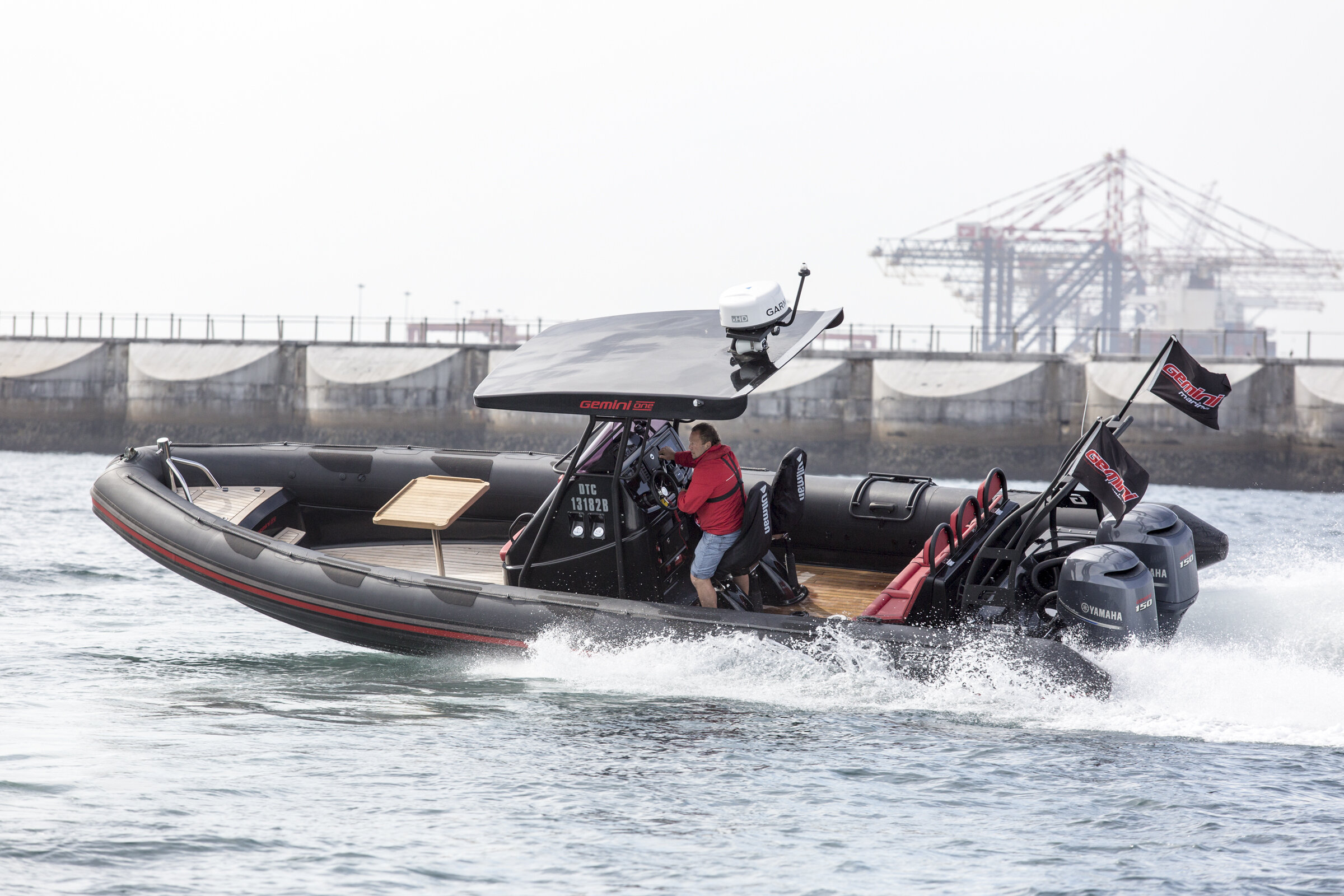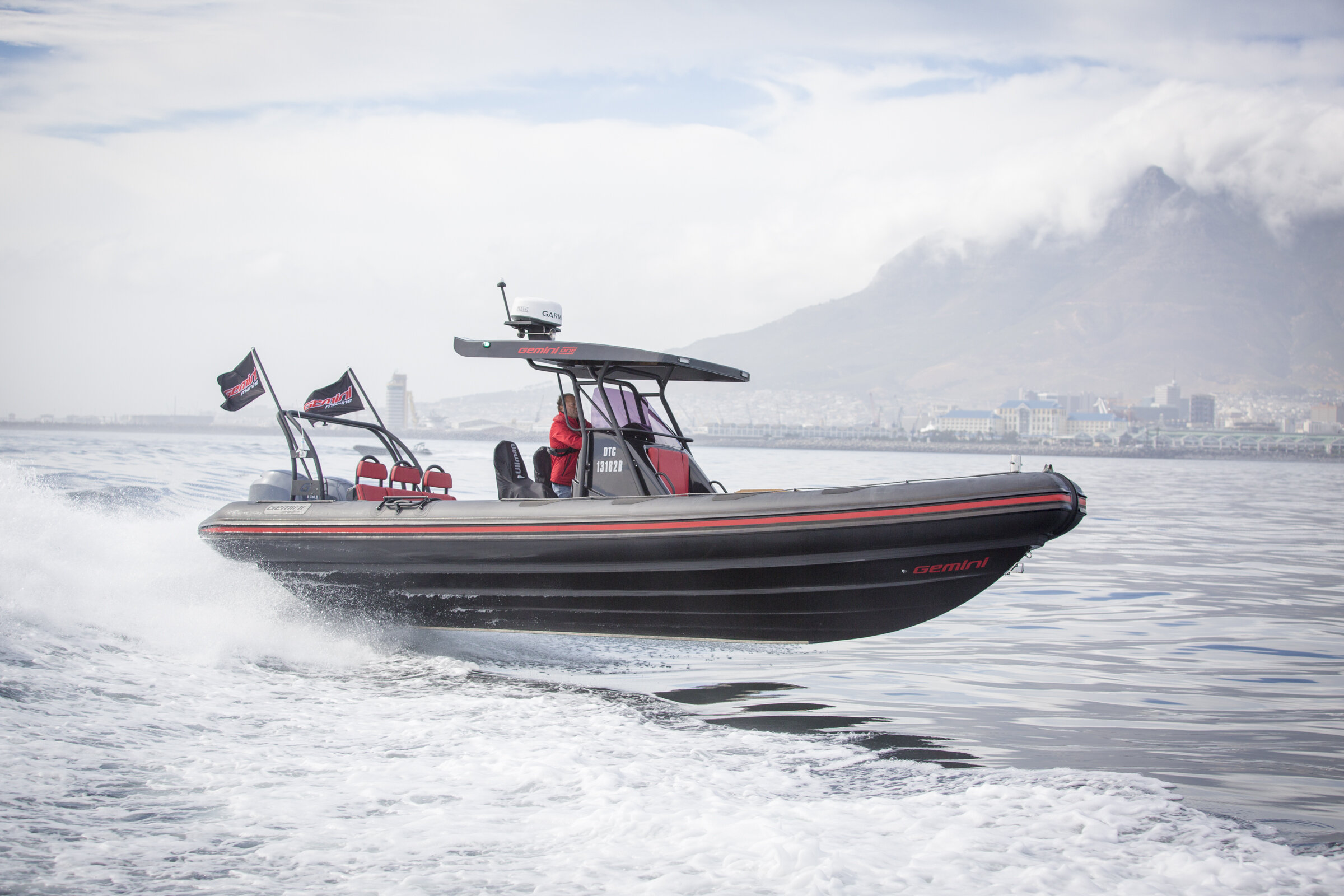
FIBERGLASS VS ALUMINIUM
Aluminium Hull vs Fiberglass Hull Rigid Inflatable Boats
Buying a new boat is a significant investment, so ensuring you choose the right hull type for your next boat is an important decision. Boaters who are shopping for a rigid inflatable boat (RIB) have plenty of choice out there in Australia from manufactures from all around the world. When it comes to the hull of a RIB, there are really two main materials being used by boat makers. Fiberglass and aluminium.
Its important to first have a good understanding of your intended use to help navigate all the choices you will have a long the way.
And when it comes to Aluminium and fiberglass boats, be sure to ask the seller or manufactuer about the hull lay up.
At Gemini boats all our hulls are built by hand by the same core workforce to our internationally accredited quality management system (ISO 9001:2015). Wether its a 5m run about or a 10.6m commercial tour boat, your boat will be built to the highest construction standards and design. There is a clear reason why Gemini boats are prominent in the commercial industry. That’s because both the design and ccontruction meets Australias most strigant survey requirements, making them
One more note, most retailers and manufacturers agree that buyers should ask a lot of questions about how the vessel is constructed. A boater can tell a lot about the quality of a boat depending on the process that was used to build it. An assembly line style option is going to have certain factors that may be of concern to come, whereas a hand-made boat that passes through many hands before landing in the hands of a new owner could provide a certain level of confidence.
In the rest of this article, we will discuss the differences in the most popular hull options, fiberglass and aluminium, to help buyers learn more about what choice might be the best fit.
Aluminium Hull Features
One of the most noted attributes of an aluminium hull vessel is its “toughness.” The material is resistant to minor impacts and can take on rocky underwater obstacles and shallow depths. While the hull may bend or scratch, chances are the material won’t fracture.
Aluminium by nature is lighweight. As a lighter weight option, davit systems tend to be able to handle larger tenders made of this metal which might be an important factor depending on where a boater stores their boat.
When it comes to maintaining an aluminium hull boat, like any boat, maintenance is an essential piece of the puzzle. Aluminium vessels are susceptible to corrosion, especially at weld points and hardware attachments. In the years following construction, these points are the most common starting points for paint flaking. Unfortunately, not even the most modern, high tech coatings have been able to avoid this issue facing coated aluminium boats.
If the vessel is staying in the water, anodes are paramount to the vessel’s structural integrity.
Aluminium hull boats, depending on how they are built, can be a noisy ride. The material has an “echo” property to it, so everything that hits the hull has an audible radiating noise factor.
They will also be more costly to repair since finding someone to work on them is harder than someone who works on fiberglass repairs.
Fiberglass Hull Features
The two biggest attributes to the fiberglass hull that make them stand as the clear number one choice for inflatable boat owners looking for a no compromise solution are;
1. Fiberglass hulls have a smooth and quieter ride than their aluminium counterparts. The material is more forgiving and absorbs sound better than aluminium. It’s a little more comfortable underfoot as it absorbs movement whereas aluminium tends to reflect movement which might make for a jolting ride. Put two identically shape and weight hulls together and drive them into a fresh NE east coast seabreeze on the harbour or out to rotnest island and you will be blown away by the difference in ride comfort.
2. Fiberglass boats when built to the highest class survey standards like all Gemini Marine RIBS are built to last a lifetime. Unlike there aluminium counter parts, they will not have corrosion issues and paint bubbling in the years to come.
Furthermore since fiberglass is such a widely used material, the technology in using that material is continuously improving. There is also always someone available to work on fiberglass as it is a simple material to work with for those in the marine industry.
Fiberglass has aesthetic options that aluminium vessel’s struggle to compete with. The finishes are sleek and make maintenance and cleaning a little easier. While layouts might be fewer and less customizable with some RIB retailers, in general, fiberglass offers more aesthetic options and storage.

